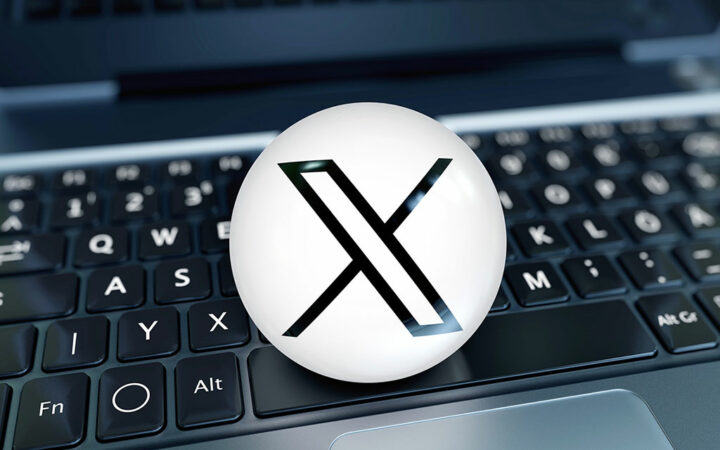
Let’s talk web3, crypto, Metaverse, NFTs, CeDeFi, meme coins, and Stocks, and focus on multi-chain as the future of blockchain technology. Let us all WIN!
Bluesky allows users to use domain names as handles to help achieve decentralized verification and give users more control over their identity.
 Edited by Julia Sakovich
Updated
3 mins read
Edited by Julia Sakovich
Updated
3 mins read

Bluesky, a social media platform created by former Twitter Inc boss Jack Dorsey, has gained significant traction even before its official launch. The official Bluesky Twitter account has more than 252k followers without a solid protocol to showcase to the users. Nevertheless, the Bluesky application has been downloaded more than 245k times by iPhone users according to data provided from Data.ai.
After Musk acquired Twitter late last year for a whopping $44 billion, Dorsey increased his focus on Bluesky which has since developed AT protocol, a social networking technology. The Bluesky began making headlines after hiring former Zcash blockchain developer and contributor Jay Graber as the Chief Executive Officer. Additionally, the social platform announced about 30k signups for the waitlist in just two days.
Meanwhile, the social engineering protocol has been accepting invites to the private beta and recently announced the launch of its Android version.
Built as an alternative to Twitter, Bluesky is on a mission to disrupt the Musk-backed platform and attract Web3 enthusiasts. Twitter has more than 200 million monetizable daily active users. The platform recently eliminated the free blue check verification mark for a monthly fee of about $8. The move significantly disrupted the global Twitter community that had a challenging time deconstructing fake and real accounts.
Moreover, media houses, journalists, artists, and other prominent people significantly relied on Twitter’s free blue check verification mark for notability and authenticity. Without blue check verification, Twitter users are compelled to blindly search for accounts representing public figures and hope it is not impersonation.
“I’m going to continue to browse Twitter to the extent I can as long as other people in the tech community are still using it, but will have to take everything I read there with an even bigger grain of salt than I did previously because I can’t easily verify that an account representing a public figure or media outlet is actually from that person or institution,” Anita Ramaswamy, a technology and finance opinion columnist at Reuters, noted.
Bluesky on the other hand came up with a unique way of making sure only verified accounts run under prominent naming. Notably, Bluesky allows users to use domain names as handles to help achieve decentralized verification and give users more control over their identity.
“Domain name handles help you determine which accounts are authentic based on the website they’re associated with. For example, the Financial Times, whose website is ft.com, can use the handle “@ft.com” to verify itself as the official account,” Graber explained.
Interestingly, Bluesky allows users to keep the same domain handle even after switching services.
Disclaimer: Coinspeaker is committed to providing unbiased and transparent reporting. This article aims to deliver accurate and timely information but should not be taken as financial or investment advice. Since market conditions can change rapidly, we encourage you to verify information on your own and consult with a professional before making any decisions based on this content.

Let’s talk web3, crypto, Metaverse, NFTs, CeDeFi, meme coins, and Stocks, and focus on multi-chain as the future of blockchain technology. Let us all WIN!





